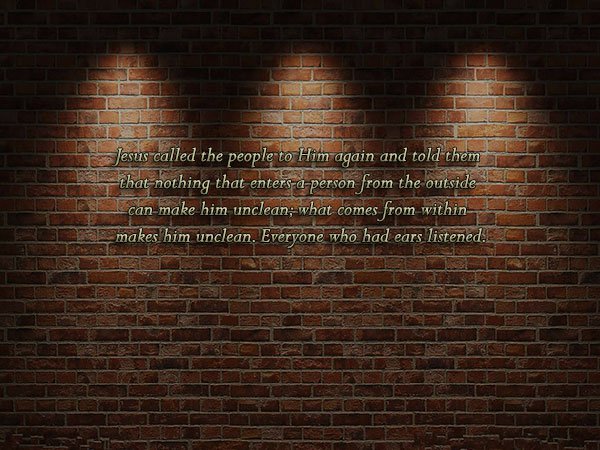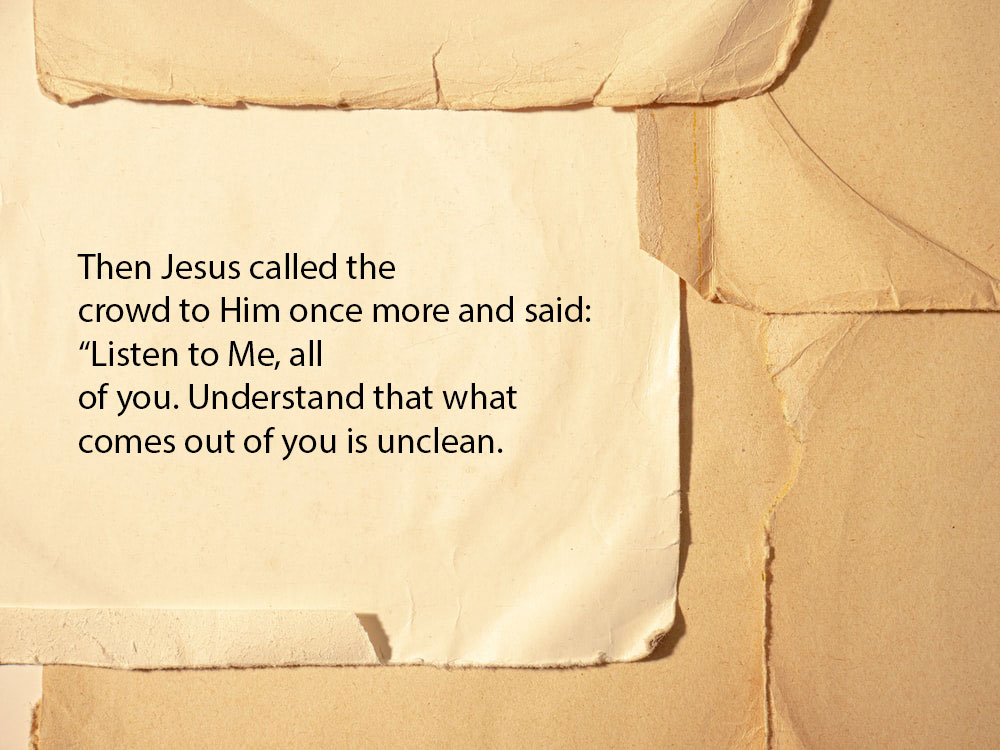Gospel: Mt 23:13-22
But woe to you, teachers of the law and Pharisees, you hypocrites! You shut the door to the kingdom of heaven in people’s faces. You, yourselves, do not enter it, nor do you allow others to do so.
Woe to you, scribes and Pharisees, you hypocrites! You devour widows’ property; and as a show, you pray long prayers! Therefore, you shall receive greater condemnation. Woe to you, teachers of the law and Pharisees, you hypocrites! You travel by sea and land to make a single convert; yet, once he is converted, you make him twice as fit for hell as yourselves!
Woe to you, blind guides! You say: To swear by the temple is not binding; but, to swear by the gold of the temple is binding. Foolish men! Blind men! Which is of more worth: the gold in the temple, or the temple which makes the gold a sacred treasure? You say: To swear by the altar is not binding, but to swear by the offering on the altar is binding. How blind you are! Which is of more value: the offering on the altar, or the altar which makes the offering sacred? Whoever swears by the altar, is swearing by the altar and by everything on it. Whoever swears by the temple, is swearing by the temple, and by God, who dwells in the temple. Whoever swears by heaven, is swearing by the throne of God, and by him, who is seated on it.REFLECTION:
In this Gospel text we read Jesus’ full-scale public denunciation of the scribes and Pharisees. His fundamental indictment against them is hypocrisy – a gap between appearance and reality, between what they say and what they do, due to a misplaced hierarchy of values and excessive emphasis on external matters to the neglect of the interior. According to D. Harrington, in the Prophetic tradition the goal of denunciations is to highlight evil actions or patterns, and to warn people not to follow those who do them, as well as to bring back those who err to the way of righteousness. In these condemnations Jesus accused the scribes and Pharisees of hindering the spread of the gospel (23:13), and raising up enemies against it (v. 15) and of engaging in foolish casuistry regarding oaths (v. 16-22). Their leadership had become a stumbling block to people’s growth in holiness.
The prophetic warnings can serve as a checklist for all who exercise leadership in church. It can serve as a summons to an examination of conscience of the way leaders play their roles and accomplish their functions. It is not an exaggeration to say that excessive casuistry, misplaced priorities, overemphasis on externals, etc. are found in every religion.
2014 Copyright. Claretian Communications Foundation Inc







